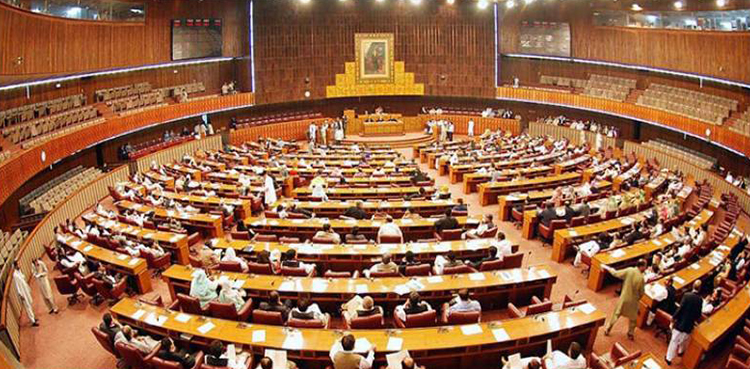Pakistan’s macroeconomic conditions improved during the fiscal year 2023-24 due to a host of reasons, including successful engagement with the International Monetary Fund (IMF).
In its Annual Report on the State of Pakistan’s Economy for the fiscal year 2023-24, the State Bank of Pakistan (SBP) said that apart from the IMF engagement, the economy was also supported by stabilisation policies, reduced uncertainty, and favourable global economic environment.
The increase in domestic agricultural productivity also contributed to relatively better macroeconomic outcomes during the year, the report added.
The real GDP registered a moderate agriculture-led recovery in FY24. A record harvest of wheat and rice, and a rebound in the production of cotton mainly provided a boost to agricultural output during FY24.
The report highlighted that despite a recovery in real economic activity, the current account deficit further narrowed to a 13-year low as strong growth in remittances and exports more than offset a slight increase in imports.
This, coupled with the Stand-By Agreement with the IMF that catalysed inflows from other multilateral and bilateral sources, helped in the build-up of FX reserves and calming sentiments in the foreign exchange market.
The gradual exchange rate appreciation during the year, together with higher-than-envisaged fiscal consolidation, led to a notable decline in public debt to GDP ratio in FY24.


















































